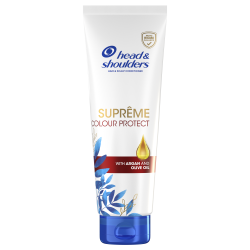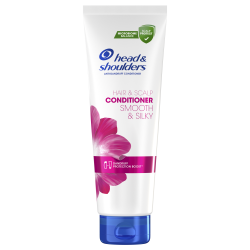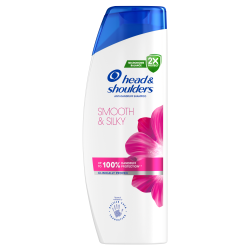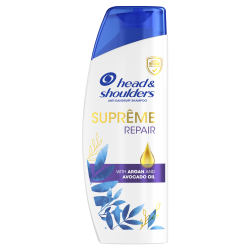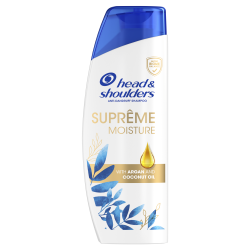What Is A Leave-In Treatment?
A leave-in treatment can provide you with the extra care your hair needs by becoming part of your regular hair care routine.
WHAT ARE LEAVE-IN TREATMENTS?
Leave-in treatments have become common practice nowadays. You can add them to your regular hair care routine or you can use them to aid your hair for when you notice that your hair or scalp need something extra, in addition to shampoo.
Leave-in treatments are mainly found in cream or spray form and serve different functions for your hair.
These can include:
thickening the hair
soothing the scalp
taming frizz
detangling hair
moisturizing hair
moisturizing the scalp
CHOOSING THE RIGHT LEAVE-IN TREATMENT
First, you will need to find out which treatment is specifically suited for your hair and scalp needs.
THICKENING YOUR HAIR
If you have fine or thin hair, you know that some cream-based products can be too heavy and weigh hair down. Instead, choose a lightweight spray or tonic.
Our Full & Thick Hair Thickening Shampoo is perfect for if you want fuller thicker hair. With extracts of caffeine and vitamins, it deeply penetrates and thickens each strand, allowing you to experience measurably thicker hair from just one bottle.
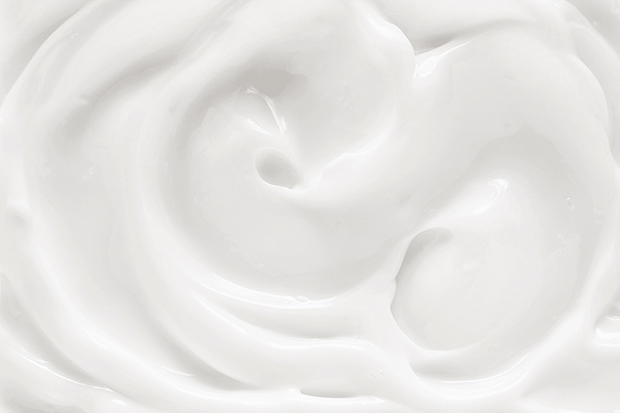
ITCHY SCALP
If you’ve been suffering from an itchy scalp, you might need a treatment for when you’re on-the-go in addition to using moisturizing or therapeutic shampoo.
Our Instant Relief Scalp Soother with tea tree essence and peppermint complex cools down the scalp and relieves itching.
The easy-to-use spray bottle can fit into any bag and can be used on wet or dry hair any time you feel itchiness.
HOW TO APPLY A LEAVE-IN TREATMENT
Usage instructions vary widely for leave-in treatments, so it’s important to read the directions carefully before your first application.
Some are designed to be applied only to wet hair, while others can be used wet or dry. Products designed to give scalp benefits typically need to be applied or massaged directly onto the skin.
Some products, especially heavier moisturizing products, are applied to ends, while others target the roots.
More tips and advice from the experts:






